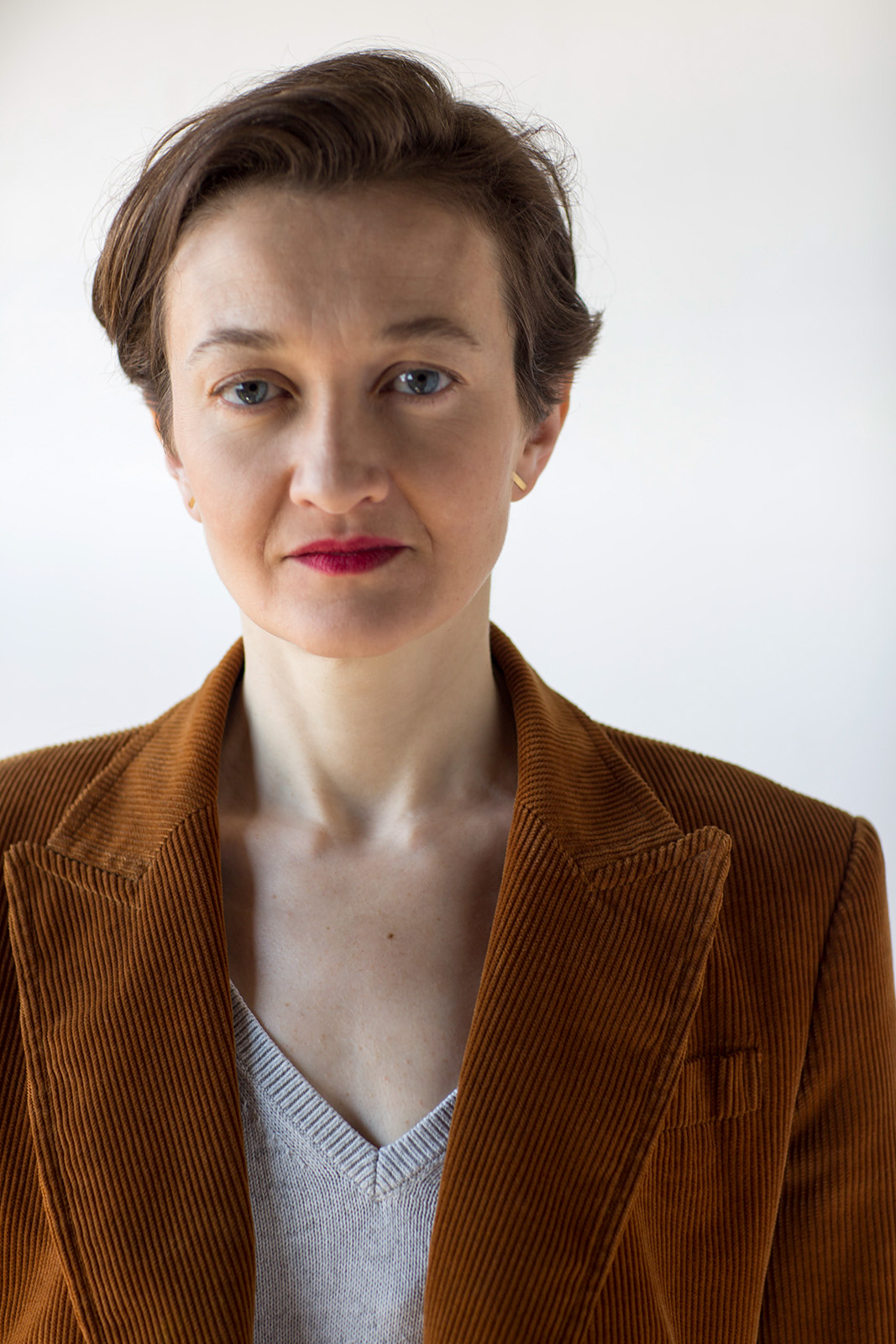Poetry collection uses urban metaphors to comment on current political climate

Jana Prikryl read selections from “No Matter” at the Hammer Museum on Thursday night. The collection of poems is infused with deep social and political commentary. (Courtesy of Jana Prikryl)
By Jordan Holman
Oct. 24, 2019 10:30 p.m.
The concrete jungle is on fire.
These symbolic flames blaze throughout “No Matter,” a collection of poems by Jana Prikryl. The author paints New York City as a metaphorical inferno burning with deep social and political commentary. She said she uses the city as a template to explore the cyclical complexity of urban living and its relationship to the world at large. She read some of her work at the Hammer Museum on Thursday night.
Prikryl moved to New York City when she was 28, having been fascinated by its cultural and literary richness for years. But establishing roots in the city exposed her to a life supercharged with people and never-ending chaos, she said. Born in the Czech Republic and raised in Canada, Prikryl said coming to such a large city, and being surrounded by constant noise and movement, was a culture shock.
“The density of bodies in New York is an incredible thing,” Prikryl said. “Other people’s actions and ambitions affect your own, and you’re entrusted with this great responsibility. You’re forced to be a part of something much bigger than yourself.”
[RELATED: Alumnus combines poetry, stand-up comedy in autobiographical one-man show]
Because she focuses her work in heavily populated cities, her stories make people consider their surroundings and how their words and actions affect their environment, said Stephen Yenser, a UCLA English professor emeritus and curator of the Hammer reading. In a world where people are implicitly taught to react instead of think critically, he said Prikryl’s poems consistently push back against that notion. For Prikryl, she said living in New York has opened her eyes to the cycle of injustice, but it has increased her sense of empathy as well.
“Her work is grounded in the city and subsequently makes us think about city life and all of its eccentricities,” Yenser said. “She helps us understand the multitude of dynamics that exist there.”
She said she has gained insight into the natural cycle of urban inequality through studying the historical collapse and reconstruction of empires. The inferno image is a motif throughout Prikryl’s stories, as she comments on the United States’ current political climate and the inequities that have come to the surface because of it. The city is erupting in turmoil, and that was an image she hoped to convey through the inferno symbol.
She said it was important for her to use New York as a platform to show how the city is heating up. After the 2016 election, Prikryl said she witnessed several heated uprisings. The political climate was turbulent, and New York’s atmosphere became stifled and indignant. Racism, sexism and xenophobia have all been central to America’s history, she said, and they rise and fall much like the moving cycle of a city.
“Any healthy city is a metaphor for the continuous cycle of collapse and reconstruction,” she said. “And I think New York City is just an escalated version of this. I wanted to depict the cycle, especially as it relates to inequality.”
[RELATED: Investigative journalist discusses his new book about a ‘hacktivist’ collective]
Prikryl chose to illustrate the cycle from a female-centric lens since the female voice has historically not garnered much literary attention. She said she was drawn to the female perspective because it allowed her to bring her own experiences to her work. It was important for her to tell these prevalent stories from a female point of view, since her poems are set in an urban environment and naturally depict the ebb and flow of injustice. She said she wanted to center women in the conversation surrounding inequality.
And even though her poems focus primarily on the dynamism of New York, she also explores the decline and fall of cities across the world, such as Rome and Dublin, said Tim Duggan, Prikryl’s editor. She uses the urban setting to draw attention to the repercussions of capitalism and toxic masculinity, revolving the overall narrative around the female voice, he said. One example of an urban symbol in her work is the subway. Just as how the train transports passengers underground, she exploits the city’s deeper, grittier side, Prikryl said.
“I wanted to present the duality between the female subject and the feeling of entrapment,” she said. “Women are so often ostracized for their choices, and our actions are now heavily politicized. I wanted to call attention to this, and use the female subject to explore these truths.”
Prikryl said she portrays the direct monologue of her female characters through metaphors and dramatizations. She hopes her readers will piece together all the urban facets of her story and understand their broader societal implications.
“I think I want my readers to hear a new language being spoken,” she said. “And I want it to be told from a voice they haven’t heard before.”


